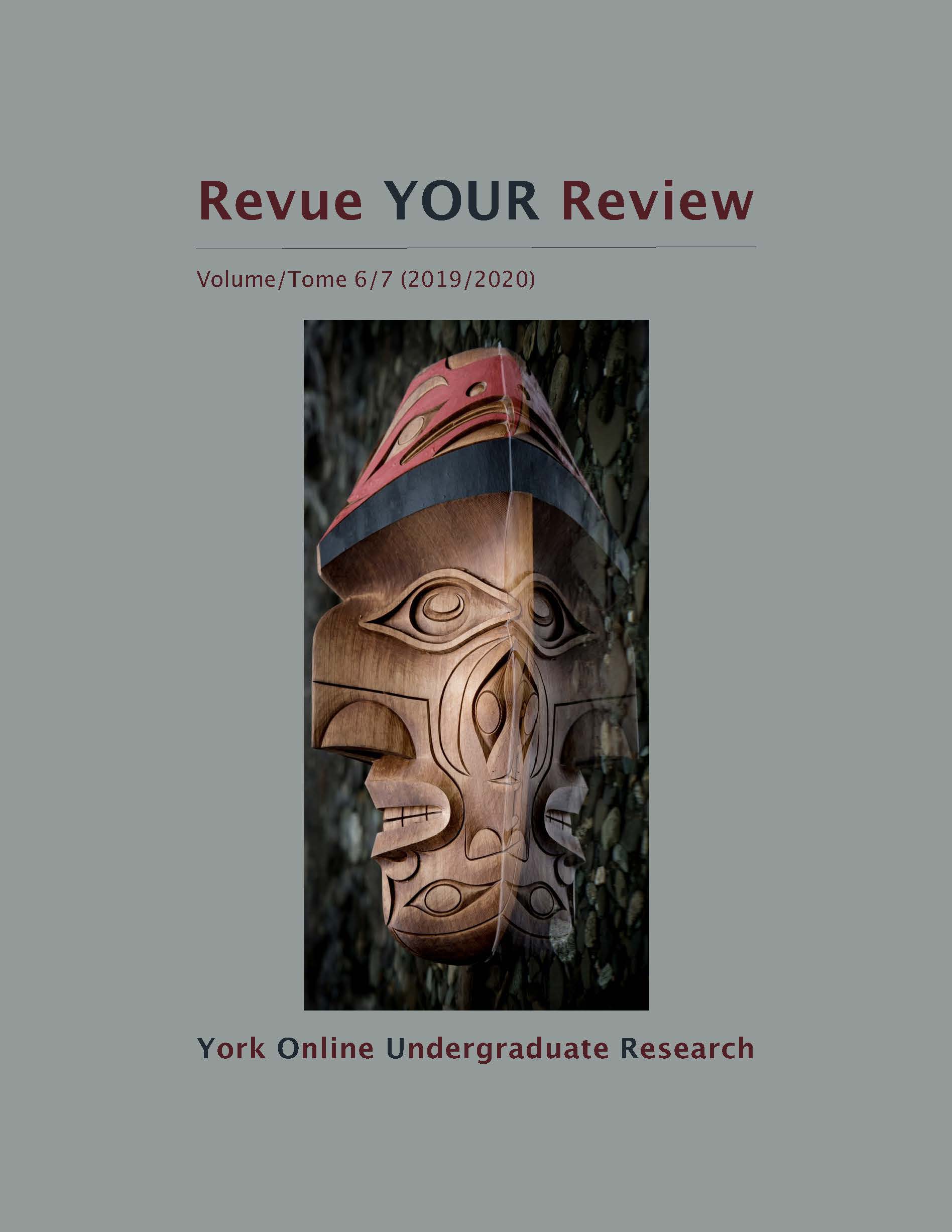Are Angry Babies Boys and Happy Babies Girls? A Paired-Associate Learning Experiment
Keywords:
gender, emotion expression, stereotypes, memory, paired-associate learningAbstract
Expressions of happiness and affection have stereotypically been associated with women, and those of aggression and anger, with men. In this study, we ask if this association affects memory. Eleven women and 11 men had to learn the names of 24 babies by viewing their faces: 12 faces expressed happiness and 12, anger. All baby faces appeared gender neutral (in reality, half of them were girls and half, boys). Half of the happy babies were assigned a girl name and half, a boy name, and likewise with the angry babies. After trying to learn all the emotion expression and gendered name pairings of the babies, the participants were given a multiple-choice recognition test, where the face of each baby was shown and four possible names were provided (the correct one and three incorrect ones—among them, two boys’ and two girls’ names). As expected, there were more correct answers when learning occurred with the congruent emotion-gender pairs (happy-girls, angry-boys) than with the incongruent ones (angry-girls, happy-boys). Moreover, the incorrect names attributed to the baby faces were more often congruent with the emotion expressed: angry babies were attributed an incorrect boy name and happy girls, an incorrect girl name. Our results confirm that stereotyped associations still influence associative memory. Remembering the names of happy baby girls and angry baby boys is easier, and babies expressing happiness and anger may be easier to associate with femininity and masculinity, respectively. This research suggests that gender stereotypes are still prevalent and continue to influence our cognitive processes.
Downloads
Published
How to Cite
Issue
Section
License
Copyright (c) 2020 Taylor Whitehead, Victoria Hardin, Roshawnah Forde, Claudia Dias Martins, Maria Arrieta, Annie Goikhman

This work is licensed under a Creative Commons Attribution-NoDerivatives 4.0 International License.
Authors contributing to Revue YOUR Review agree to release their articles under one of three Creative Commons licenses: Creative Commons Attribution 4.0 International; Creative Commons Attribution-NonCommercial 4.0 International; or Creative Commons Attribution-NoDerivatives 4.0 International. All editorial content, posters, and abstracts on this site are licensed under Creative Commons Attribution-NoDerivatives 4.0 International. For further information about each license, see:
https://creativecommons.org/licenses/
In all cases, authors retain copyright of their work and grant the e-journal right of first publication. Authors are able to enter into other contractual arrangements for the non-exclusive distribution of the e-journal's published version of the article (e.g., post it to an institutional repository or publish it in a book or in another journal), with an acknowledgement of its initial publication in this e-journal.


